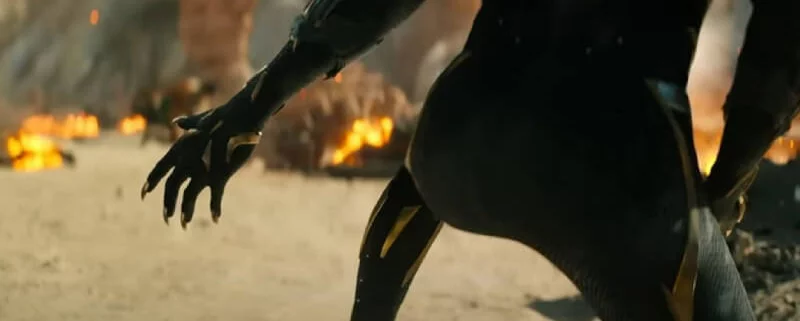The “Young Black People Can Be Heroes Too” Campaign to Take Young People to See Black Panther
It seems like only yesterday that Marvel released the official trailer for Black Panther, the most anticipated film in the franchise’s history. Fans have been waiting for the day when they will finally be able to glimpse the nation of Wakanda, and that day is almost here: the latest instalment in the series will be available in less than a week.
The film Black Panther is proving to be more than just a hashtag trend; it is a film with great cultural value for black communities all across the world. So much so that a marketing expert and activist from New York named Frederick Joseph launched a GoFundMe campaign called “Help Children See Black Panther.” “I started the campaign because, at least on this side of the water, in my opinion, it is more important than ever for us to have stories and content challenging the Trump administration’s language and racism,” Joseph adds.
This is why Joseph launched the campaign.” [Black Panther] is deep and nuanced, not just black. It contains elements of feminism, black non-toxic masculinity, loss, sorrow, and a range of black existences, which our children need need to see.
There are already over 200 initiatives associated with the challenge all throughout the world, with over 4,000 donations totaling more than $250,000. Notable figures in the entertainment sector, like Snoop Dogg, Chelsea Clinton, and film director J.J. Abrams, have also contributed. When asked about the #BlackPantherChallenge expanding to other countries such as Ghana and South Africa, Joseph said, “For want of a better word, I’m stoked.”
The challenge has already made its way to the United Kingdom. “When I was younger, the thought of a superhero film starring black actors and featuring a strong female presence was incomprehensible to me. I couldn’t bear the thought of viewing something like that.” “It’s amazing to see a superhero movie that portrays black people in significant positions,” commented one audience member, according to Jade Anouka, director. That doesn’t happen all that often. And I feel that seeing themselves reflected on film would be extremely encouraging for some of today’s youth.”



